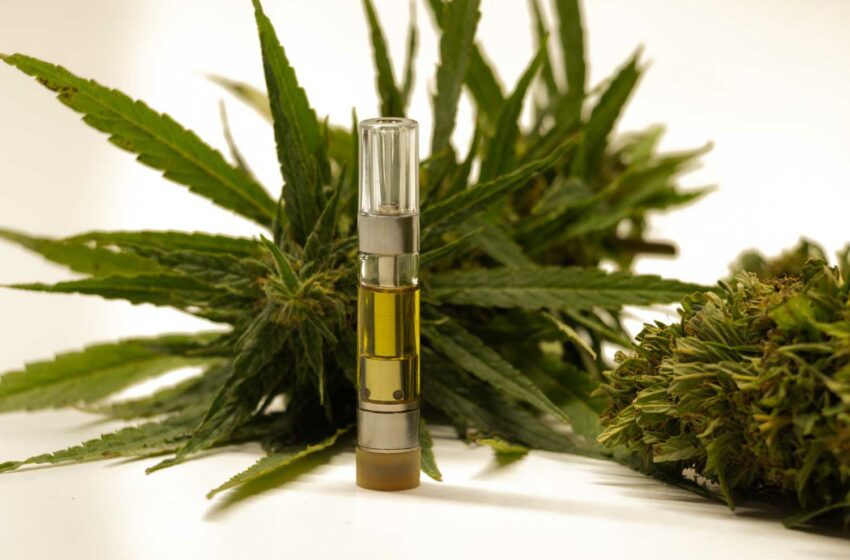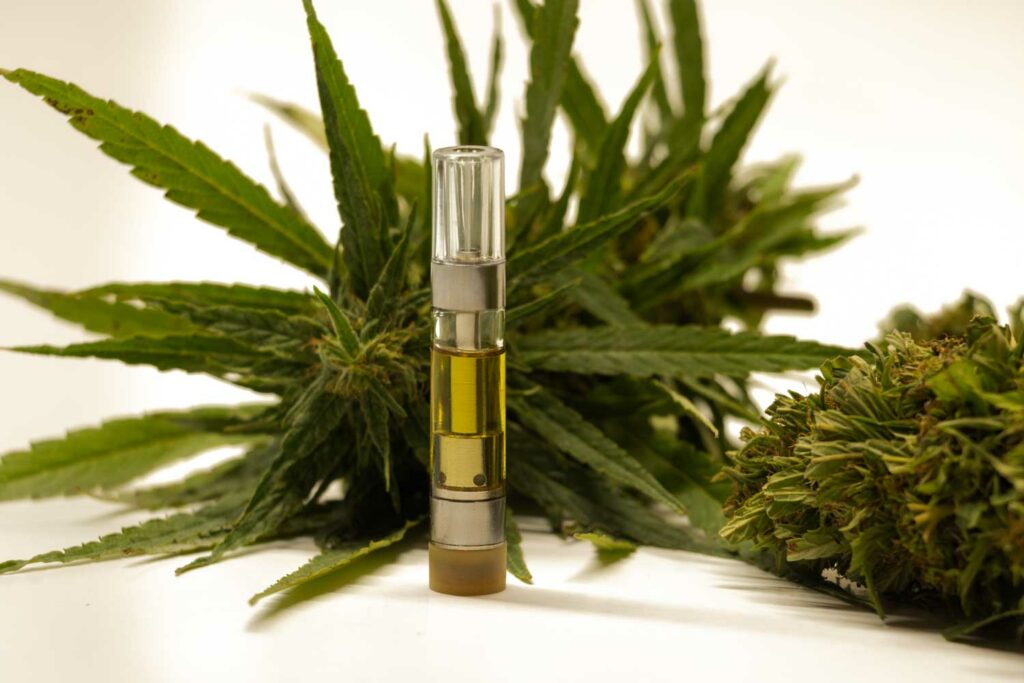
Zimbabwe’s Tobacco Industry & Marketing Board (TIMB), Kutsaga research station and Hwange Colliery Co. have jointly developed a special coal facility to help reduce tobacco farmers’ production costs and address deforestation concerns, reports the Zimbabwe Independent.
The facility will benefit TIMB-registered growers with active grower numbers. TIMB said negotiations were underway with transporters to ensure that the coal is delivered to farmers on time and at affordable rates.
“The high cost of tobacco production is one of the main challenges bedeviling tobacco farmers in Zimbabwe,” TIMB spokesperson Chelesani Tsarwe told NewsDay Farming, referring to the prices of production inputs, energy and other farming necessities.
The coal facility, she said, will help tobacco farmers realize significant savings in the curing process.
Zimbabwe Tobacco Growers Association president George Seremwe welcomed the arrangement. “The outcry has been us tobacco farmers through our associations, lobbying and advocating reduction on the cost of production and they started sort of goal rolling by engaging different suppliers in this case, Hwange Colliery Co. to come up with cheaper modalities, better way of cushioning the farmer in the form of reduction on the cost of production,” he said. “We are very happy and pleased to hear such an initiative happening.”
More than 70 percent of Zimbabwe’s tobacco crop is cured using unsustainable wood, with deforestation increasing, according to Zimbabwe Tobacco Association CEO Rodney Ambrose.
“While the industry embarks on reforestation programs, more efficient curing systems and alternate sustainable curing fuels, stop-gap measures need to be put in place in order to ensure that we maintain our production levels and protect the livelihoods of thousands of farmers,” he said.
“One of the measures is coal, and to reduce the cost of purchasing and delivering the product to farmers.”
Zimbabwe achieved a record crop of 296 million kg of tobacco for the 2022-2023 season, earning nearly $1 billion from leaf sales.
This year’s sales volumes put Zimbabwe on track to achieve its target of 300 million kg by 2025, as formulated in the Tobacco Value Chain Transformation Plan, ahead of schedule.




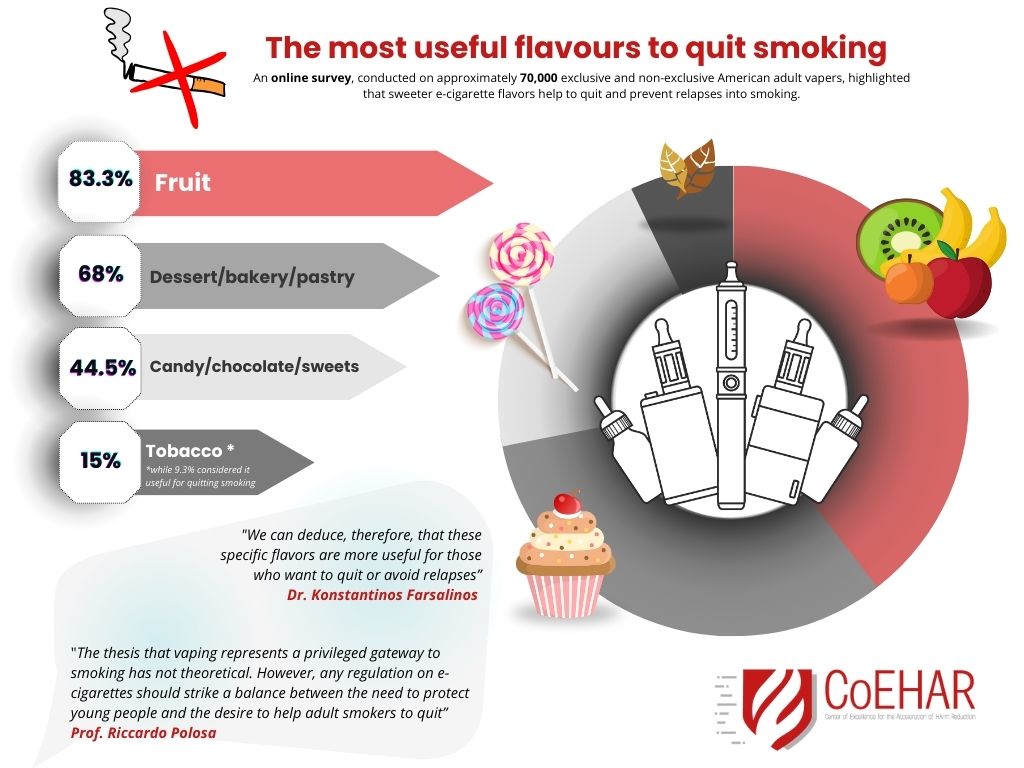
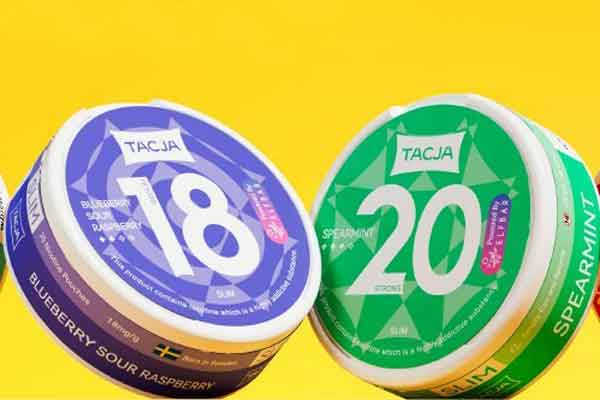
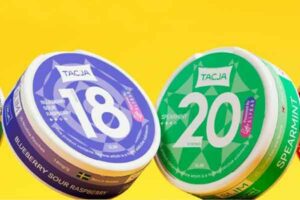 TACJA has launched nicotine pouches in the United Kingdom, Switzerland and Sweden.
TACJA has launched nicotine pouches in the United Kingdom, Switzerland and Sweden.



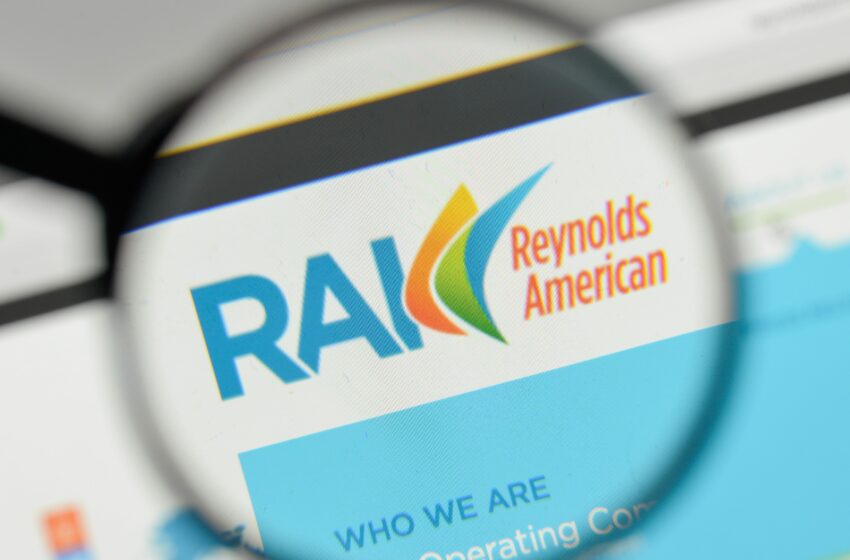

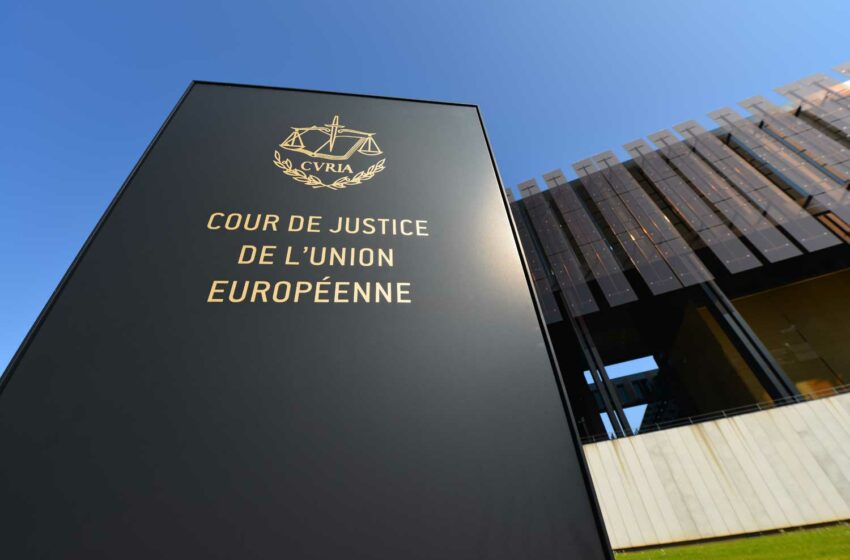
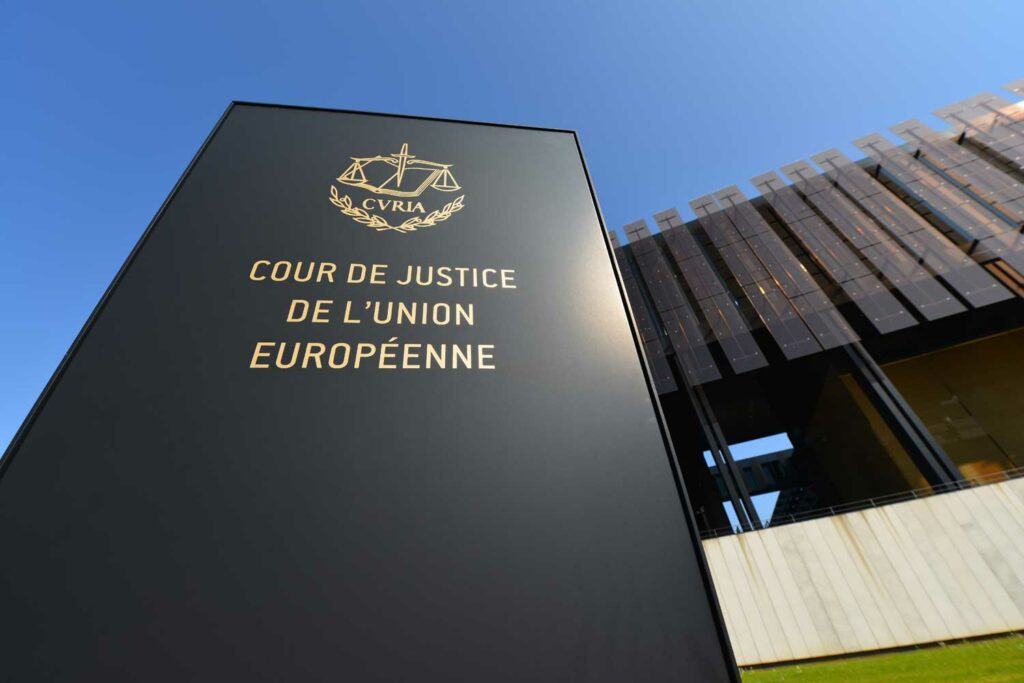
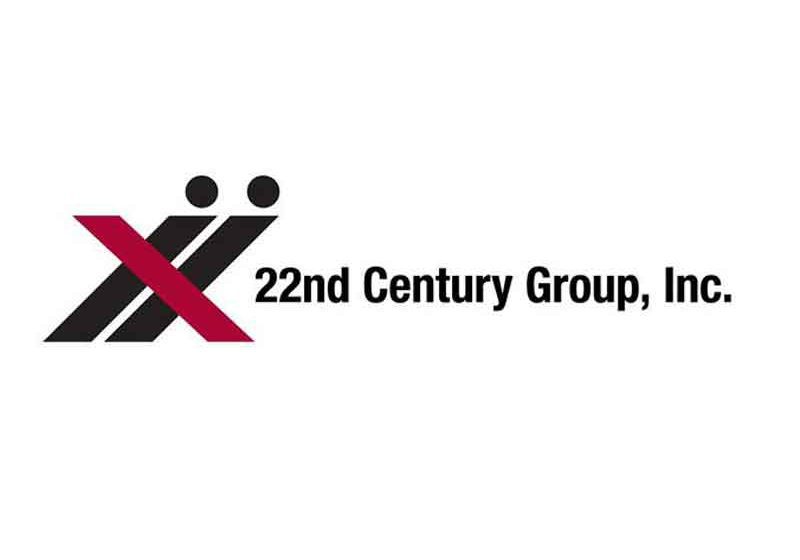
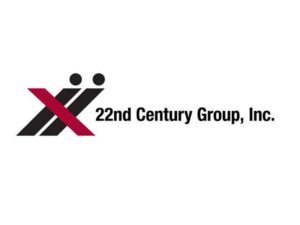 22nd Century Group is offering 10 million shares of its common stock and warrants to purchase up to 20 million shares of common stock at a combined public offering price of $0.525 per share and accompanying warrants.
22nd Century Group is offering 10 million shares of its common stock and warrants to purchase up to 20 million shares of common stock at a combined public offering price of $0.525 per share and accompanying warrants.